2000 Jeep Cherokee Brake Rotors and Pads
Click here to search another vehicle
All Rotors:
OEM x
Coated x
Drilled, Slotted and Coated x
Front x
Rear x
All Pads:
Ceramic x
Semi-metallic x
Front x
Rear x
Found 7 record
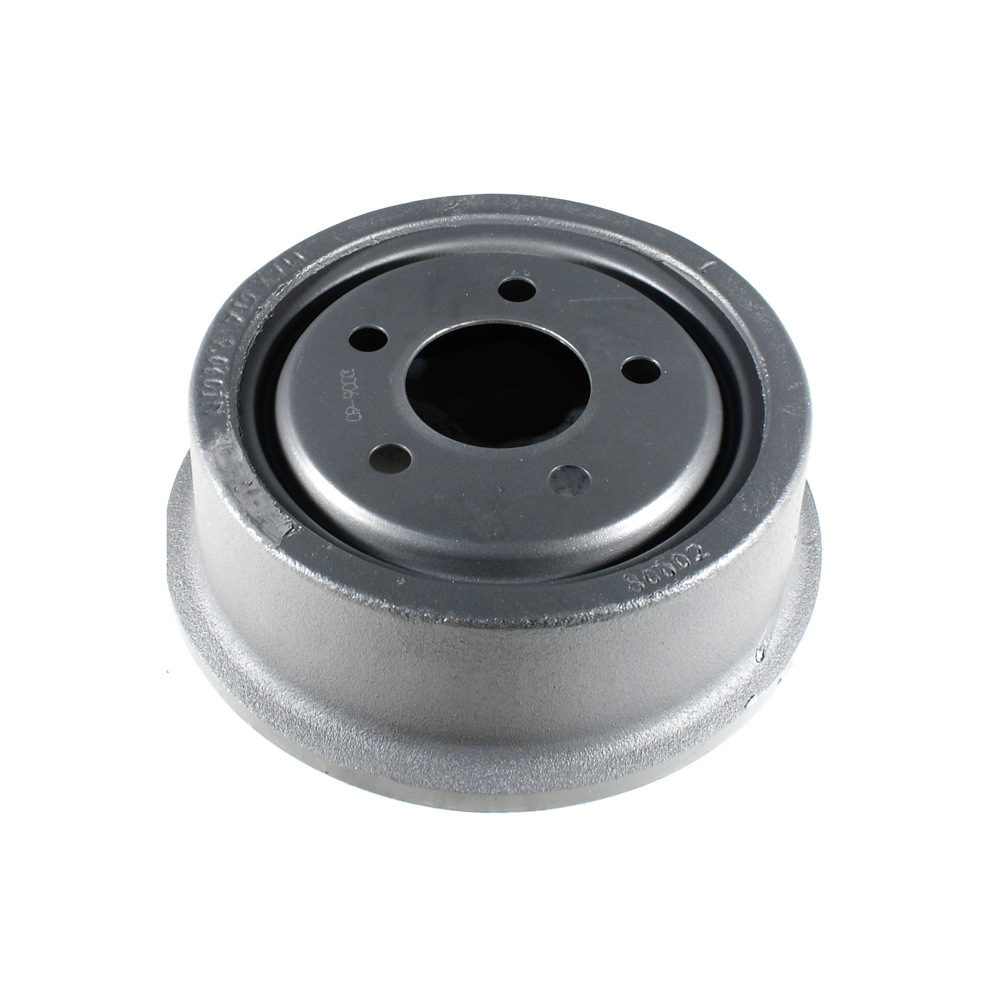
Part No: BD80002
Raybestos: 2469
OE: 52005350
Raybestos: 2469
OE: 52005350
$48.94 each
Per Car QTY: 2
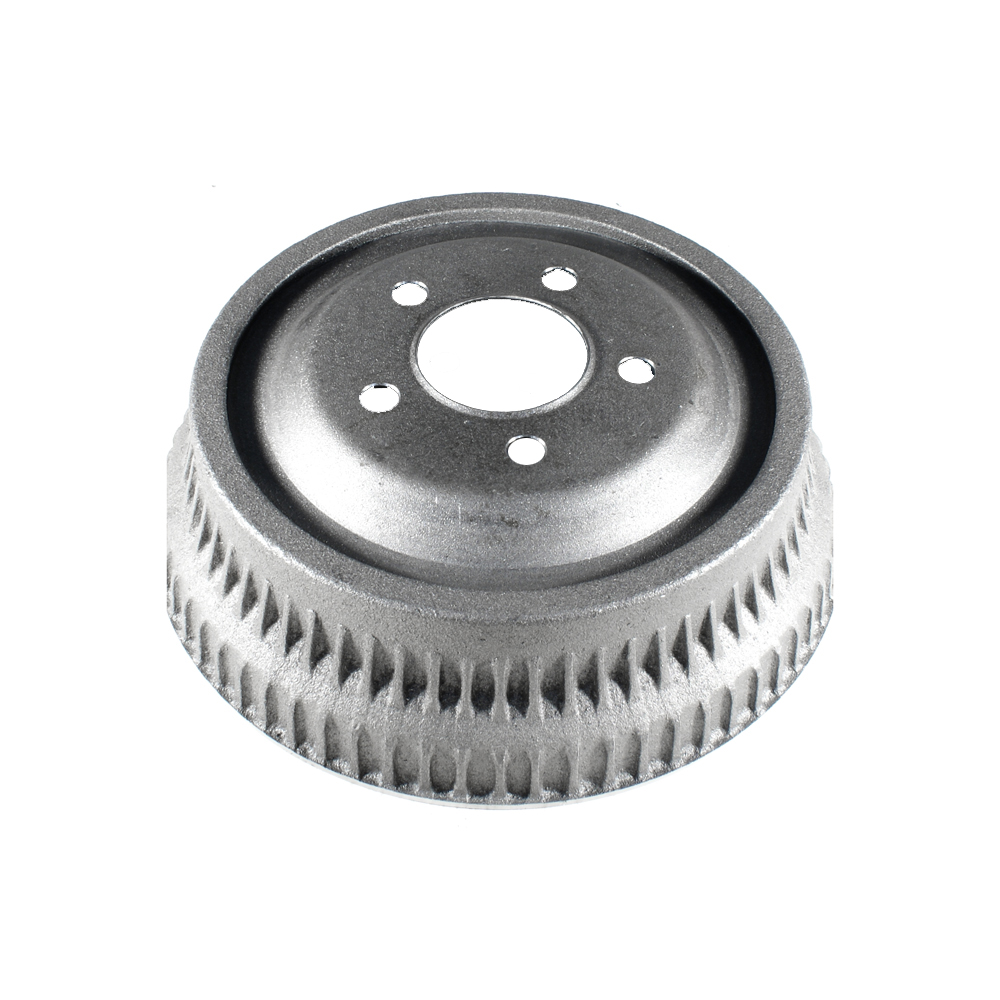
Part No: BD80012
Raybestos: 9543/2513
OE: 52007502SUPERCEDETO883
Raybestos: 9543/2513
OE: 52007502SUPERCEDETO883
$54.29 each
Per Car QTY: 2
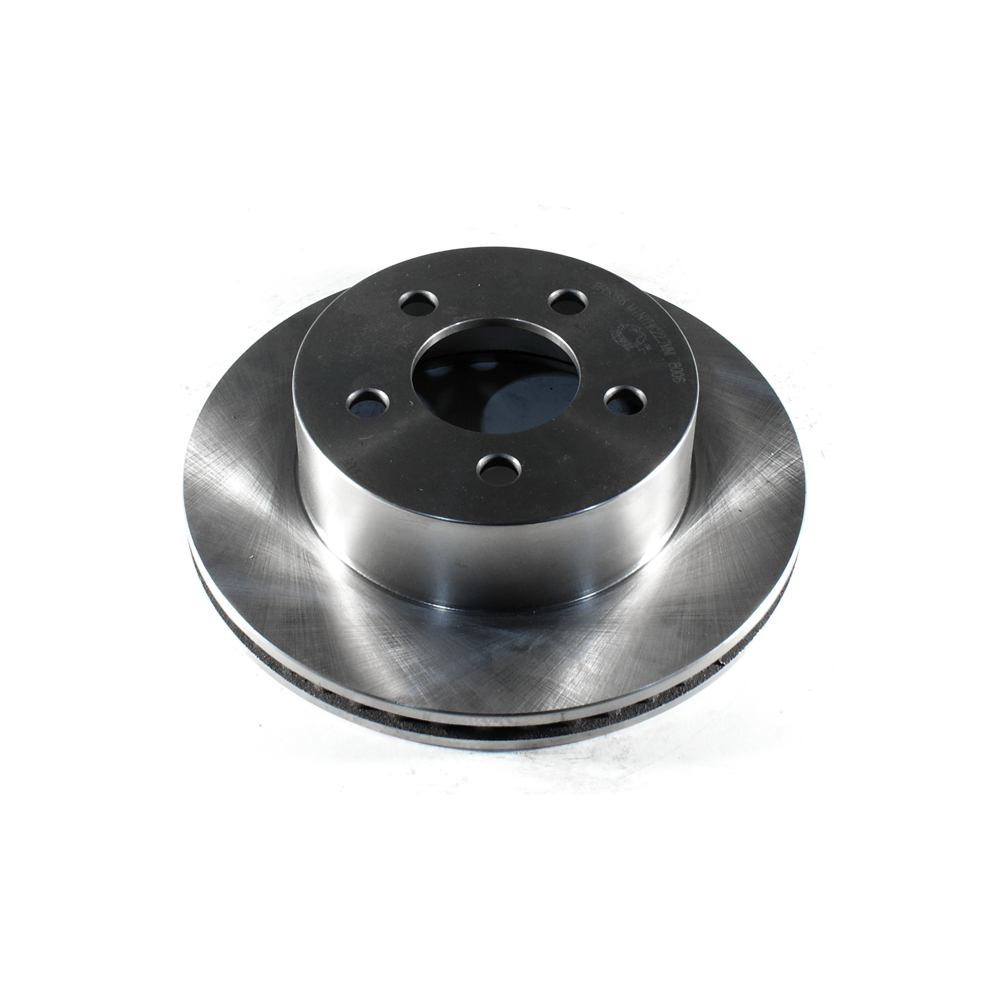
Part No: BR5396
Raybestos: 76923
OE: 5016434AA
Raybestos: 76923
OE: 5016434AA
$36.18 each
Per Car QTY: 2
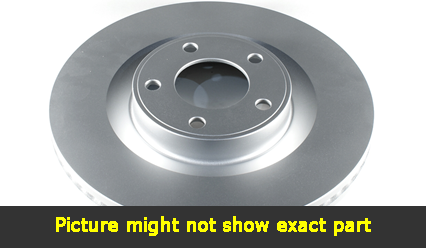
Part No: PP5396
Raybestos: 76923
OE: 5016434AA
Raybestos: 76923
OE: 5016434AA
$46.57 each
Per Car QTY: 2
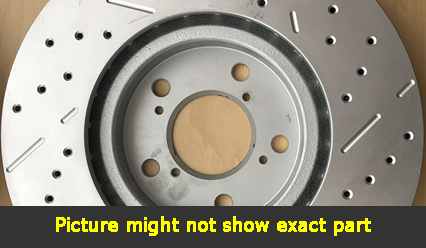
Part No: SP5396L
Raybestos: 76923
OE: 5016434AA
Raybestos: 76923
OE: 5016434AA
$78.97 each
Per Car QTY: 1
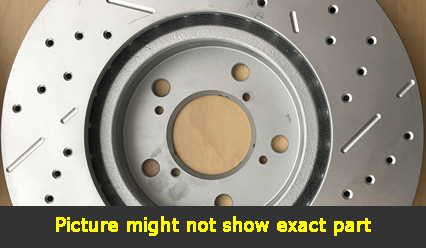
Part No: SP5396R
Raybestos: 76923
OE: 5016434AA
Raybestos: 76923
OE: 5016434AA
$78.97 each
Per Car QTY: 1

Part No: SMD477
Raybestos:
OE:
Raybestos:
OE:
$25.74 each
Per Car QTY: 1
If you are a proud owner of a 2000 Jeep Cherokee, it's important to ensure that your car is always in top-notch condition for a safe and reliable driving experience. One crucial aspect that should never be overlooked is the braking system. As the primary safety feature of any vehicle, it's vital to regularly inspect and replace the brakes when needed.
When the time comes to purchase new brakes for your 2000 Jeep Cherokee, there are a few factors worth considering. Firstly, you should determine your driving style and needs. Are you someone who drives mostly on busy city streets, frequently faces traffic congestion, or are you more of an off-road explorer? This will impact the type of brakes you should opt for.
Next, you should familiarize yourself with the different types of brake systems available. The most common types are disc brakes and drum brakes. Disc brakes are more efficient at dissipating heat, have better stopping power, and typically require less maintenance. Drum brakes, on the other hand, are more economical and often found on older or budget-friendly vehicles. You should choose brakes that are specifically designed for your 2000 Jeep Cherokee, ensuring compatibility and optimal performance.
Another important factor to consider is the quality of the brakes. It's essential to invest in high-quality brake components from reputable manufacturers. Genuine or OEM (Original Equipment Manufacturer) brake parts are designed to meet the exact specifications of your vehicle, offering reliability and durability. They may be slightly pricier, but they are worth the investment for peace of mind and long-term performance.
If you're looking for more affordable options, aftermarket brakes are also available. However, it's crucial to ensure that they meet the required safety standards and are suitable for your Jeep Cherokee. Look for trusted brands with positive customer reviews to avoid compromising on safety.
Additionally, consider the type of brake pads and rotors that would best suit your needs. There are various options available, like ceramic, semi-metallic, or organic brake pads. Each has its pros and cons, such as different levels of stopping power, noise, and durability. Choosing the right brake pad material depends on your driving habits and preferences.
Lastly, unless you have the necessary skills and expertise, it's advisable to have a professional mechanic install the brakes for you. They will ensure proper fitment and provide valuable insight regarding routine brake maintenance, such as proper break-in procedures and regular inspections.
Remember, your 2000 Jeep Cherokee's brakes play a vital role in your safety and the safety of others on the road. Invest in quality brakes and ensure they are maintained regularly to keep your vehicle in optimal condition.
When the time comes to purchase new brakes for your 2000 Jeep Cherokee, there are a few factors worth considering. Firstly, you should determine your driving style and needs. Are you someone who drives mostly on busy city streets, frequently faces traffic congestion, or are you more of an off-road explorer? This will impact the type of brakes you should opt for.
Next, you should familiarize yourself with the different types of brake systems available. The most common types are disc brakes and drum brakes. Disc brakes are more efficient at dissipating heat, have better stopping power, and typically require less maintenance. Drum brakes, on the other hand, are more economical and often found on older or budget-friendly vehicles. You should choose brakes that are specifically designed for your 2000 Jeep Cherokee, ensuring compatibility and optimal performance.
Another important factor to consider is the quality of the brakes. It's essential to invest in high-quality brake components from reputable manufacturers. Genuine or OEM (Original Equipment Manufacturer) brake parts are designed to meet the exact specifications of your vehicle, offering reliability and durability. They may be slightly pricier, but they are worth the investment for peace of mind and long-term performance.
If you're looking for more affordable options, aftermarket brakes are also available. However, it's crucial to ensure that they meet the required safety standards and are suitable for your Jeep Cherokee. Look for trusted brands with positive customer reviews to avoid compromising on safety.
Additionally, consider the type of brake pads and rotors that would best suit your needs. There are various options available, like ceramic, semi-metallic, or organic brake pads. Each has its pros and cons, such as different levels of stopping power, noise, and durability. Choosing the right brake pad material depends on your driving habits and preferences.
Lastly, unless you have the necessary skills and expertise, it's advisable to have a professional mechanic install the brakes for you. They will ensure proper fitment and provide valuable insight regarding routine brake maintenance, such as proper break-in procedures and regular inspections.
Remember, your 2000 Jeep Cherokee's brakes play a vital role in your safety and the safety of others on the road. Invest in quality brakes and ensure they are maintained regularly to keep your vehicle in optimal condition.


